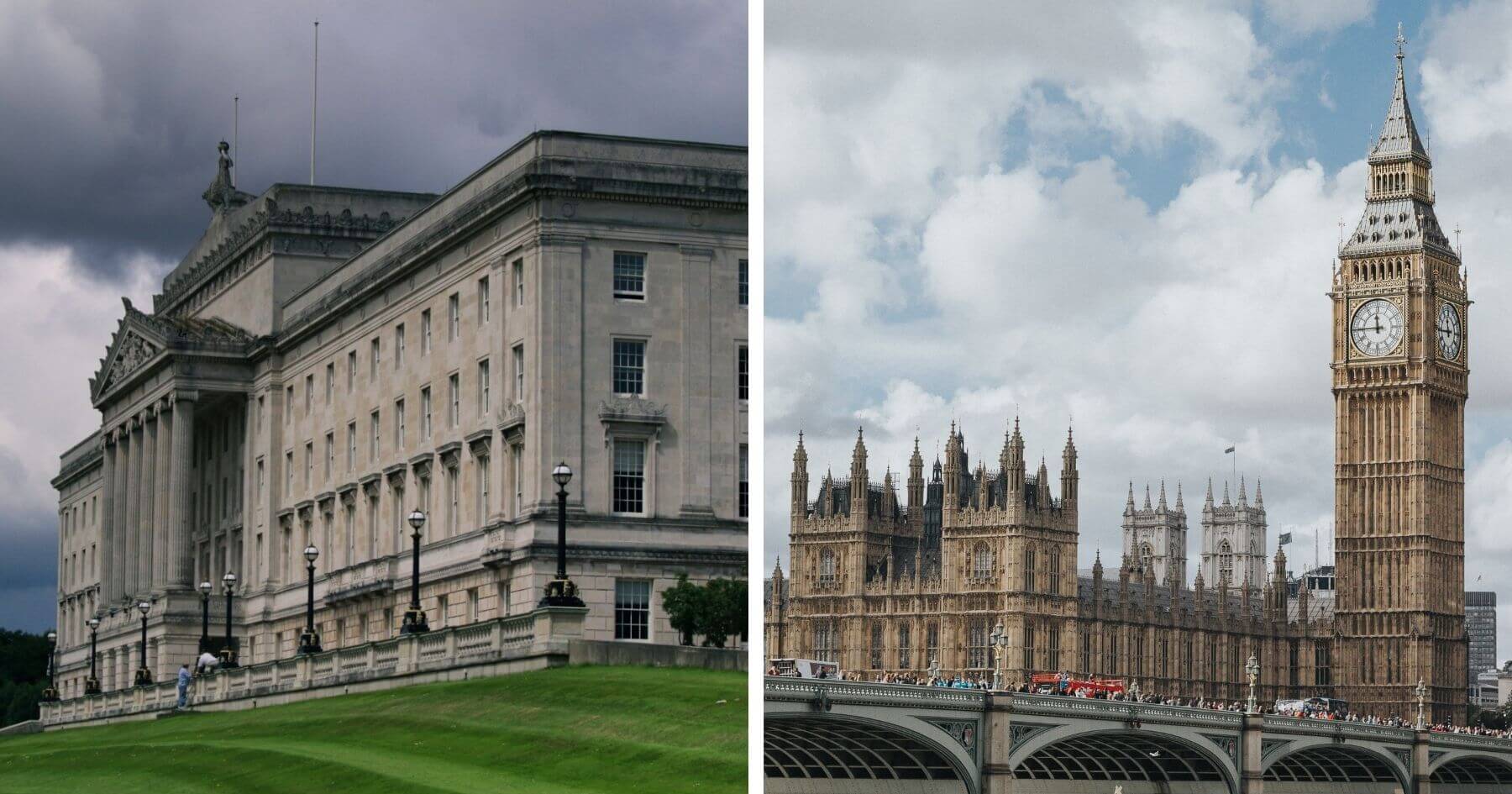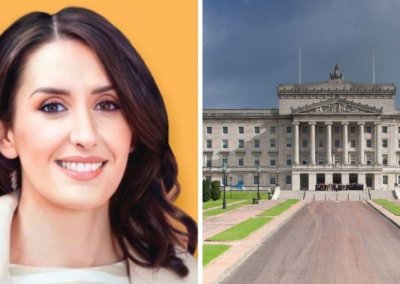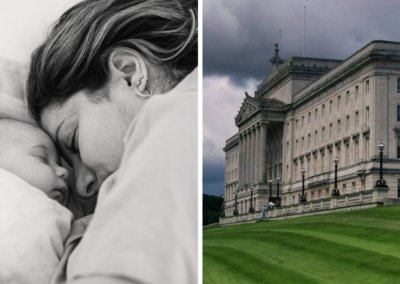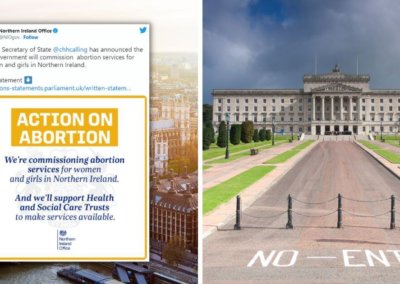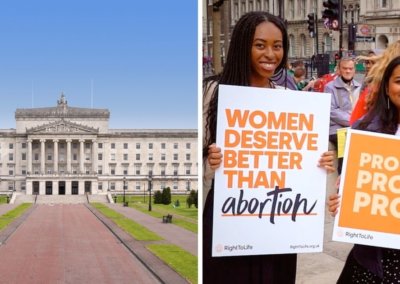An influential legislative scrutiny committee in the House of Lords has labelled the implementation of Northern Ireland’s abortion regime as “poor practice” for “using a procedure which prevents discussion before the legislation takes effect”.
The Secondary Legislation Scrutiny Committee (SLSC), a body within the House of Lords that scrutinises proposed legislation, has released its Fifty First Report which draws “special attention” to Northern Ireland abortion regulations.
The committee pointed out that preventing discussion before the legislation takes effect “is particularly inappropriate when that policy is likely to be controversial, and the House may wish to ask the Minister to explain that decision”.
In addition to its criticism of the swift passing of this legislation, the SLSC was able to pose a series of questions raising points that had been made by organisations, including Right To Life UK, in their submissions to the Committee.
As was argued before abortion was imposed on Northern Ireland by the Government in Westminster last year, abortion is supposed to be a devolved matter. A number of submissions to the committee challenged the Northern Ireland Office on this matter directly.
Sweeping new powers
The SLSC has been deeply critical of the new regulations that give Northern Ireland Secretary, Brandon Lewis MP, sweeping new powers to commission abortion in the region.
When the Government in Westminster imposed abortion on Northern Ireland in 2020, abortions started being performed in hospitals without being fully commissioned. As such, earlier this year, one health trust in Northern Ireland was unable to perform abortions because the doctor was on maternity leave. The four other NHS trusts were still able to carry out abortions during this period.
This lack of uniform availability has become the springboard from which abortion supporters are attempting to expand abortion access across the entire region through the commissioning of abortion service. A number of MPs including Carla Lockhart, Nick Fletcher and Fiona Bruce have been highly critical of the Minister giving himself new powers to expand abortion access since it appears to completely ignore the fact that abortion is supposed to be a devolved matter in Northern Ireland.
On the matter of devolution, Lockhart asked: “Can the Secretary of State also confirm that according to the devolution settlement established by the Belfast agreement, access to abortion services is a devolved issue and this action represents a breach of the Belfast agreement?”
In his response, the Minister claimed that he had a legal duty to take the actions he did earlier in the week, a position which was strongly refuted by a number of other MPs.
Widespread opposition to further intervention on abortion in Northern Ireland.
Last month, the Severe Fetal Impairment Abortion (Amendment) Bill passed its second stage at the Northern Ireland Assembly by 48 votes to 12. The Bill, launched by Paul Givan MLA, will provide protections for babies in the womb with disabilities such as Down’s syndrome, cleft lip and club foot, who currently can be aborted up to term.
Over 28,100 people have signed a petition in support of the Bill and 1,608 people with Down’s syndrome and their families signed an open letter to party leaders in Northern Ireland urging them to support the Bill.
Right To Life UK spokesperson, Catherine Robinson, said: “The Secondary Legislation Scrutiny Committee is right to criticise the legislation on procedural grounds although, of course, their criticism does not go nearly far enough. The Northern Ireland Office’s response to concerns about devolution, for example, amounts to little more than dismissive hand waving. As has been said before, there seems to be little point in devolution if it can simply be ignored as and when it suits the Government in Westminster”.


